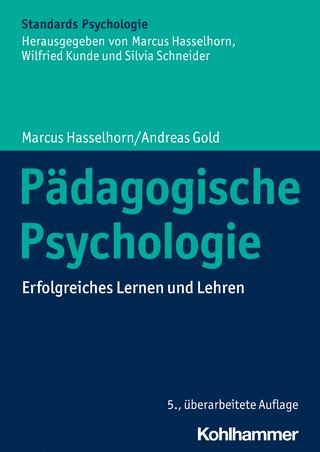
APOS Theory
Springer-Verlag New York Inc.
978-1-4899-9825-5 (ISBN)
Ed Dubinsky is a Visiting Adjunct Professor at the University of Miami, FL, USA. Dr. Dubinsky is considered the father of APOS Theory. Ilana Arnon is a lecturer of Mathematics Education for prospective middle school mathematics teachers at Givat Washington Academic College of Education, Israel. Jim Cottrill is an assistant professor of Mathematics at Ohio Dominican University, OH, USA. Asuman Oktaç is a professor in the Department of Mathematics Education at CINVESTAV-IPN, Mexico. Dora Solange Roa is an associate professor in the School of Mathematics at the Universidad Industrial de Santander, Colombia. Maria Trigueros is a professor in the Department of Mathematics at Instituto Tecnológico Autónomo de México, Mexico. Kirk Weller is a professor and head of the Mathematics Department at Ferris State University, MI, USA.
Chapter 1 Introduction.- Chapter 2 From Piaget’s Theory to APOS Theory: Reflective Abstraction in Learning Mathematics and the Historical Development of APOS Theory.- Chapter 3 Mental Structures and Mechanisms: APOS Theory and the Construction of Mathematical Knowledge.- Chapter 4 Genetic Decomposition.- Chapter 5 The Teaching of Mathematics Using APOS Theory.- Chapter 6 The APOS Paradigm for Research and Curriculum Development.- Chapter 7 Schemas, Their Development and Interaction.- Chapter 8 Totality as a Possible New Stage and Levels in APOS Theory.- Chapter 9 Use of APOS Theory to Teach Mathematics at Elementary School.- Chapter 10 Frequently Asked Questions.- Chapter 11 Conclusions.- Chapter 12 Annotated Bibliography.- References.- Index.
| Erscheinungsdatum | 23.09.2017 |
|---|---|
| Zusatzinfo | XI, 254 p. |
| Verlagsort | New York |
| Sprache | englisch |
| Maße | 155 x 235 mm |
| Themenwelt | Schulbuch / Wörterbuch |
| Geisteswissenschaften ► Psychologie ► Pädagogische Psychologie | |
| Mathematik / Informatik ► Mathematik | |
| Sozialwissenschaften ► Pädagogik ► Bildungstheorie | |
| Sozialwissenschaften ► Pädagogik ► Schulpädagogik / Grundschule | |
| ISBN-10 | 1-4899-9825-X / 148999825X |
| ISBN-13 | 978-1-4899-9825-5 / 9781489998255 |
| Zustand | Neuware |
| Haben Sie eine Frage zum Produkt? |
aus dem Bereich


